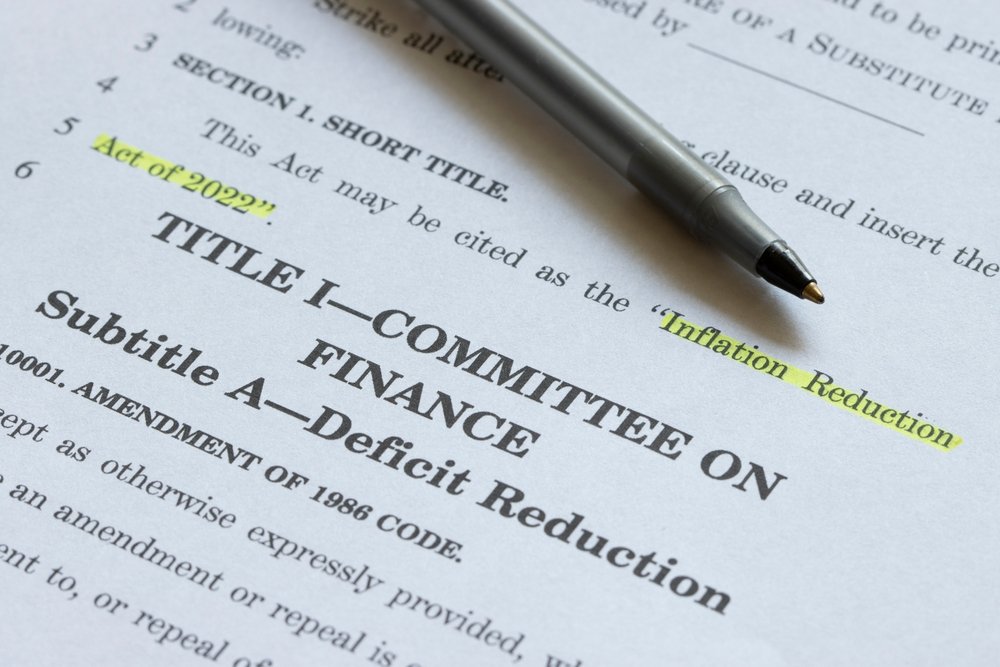Inflation Reduction Act of 2022 Part 1
Series - Part 1 of 3
This summary is the first of a three-part series on the provisions in the recently passed Inflation Reduction Act of 2022 (IRA). The IRA created or extended many healthcare- and energy-related tax credits that will be “paid for” by higher taxes on some publicly traded corporations and taxes collected from increased IRS enforcement activities. The second installment of our series will cover energy tax credits other than vehicle credits. The third part will describe the new and expanded tax credits for electric vehicles.
The key changes to tax credits in the IRA include:
Extension of the expanded Affordable Care Act health insurance premium subsidies and tax credits to 2023 – 2025
An increase in the residential energy credit to 30% of certain energy efficient home improvements after 2022, up to a credit of $1,200 a year
Extension of the 26% tax credit for solar, geothermal, and other alternative energy residential systems
Expansion and creation of many business energy tax credits
A new clean vehicle tax credit (replaces the electric vehicle tax credit)
A new credit for previously owned clean vehicles
A new credit for qualified commercial clean vehicles
An increase in the payroll tax credit for qualified small businesses increasing their research costs
A unique provision in the IRA allows some of the business tax credits for energy property and electricity produced from certain renewable resources to be sold for years beginning after 2022. The amount received for a tax credit will not be subject to tax. The ability to buy and sell tax credits is to stimulate financing for new energy projects. It is projected that the tax credits will sell for around 85 to 96 cents per dollar of credit. The market for the credits is not expected to develop until 2023.
The revenue provisions to pay for the tax credits include:
A 15% corporate minimum tax on large corporations with revenues over $1 billion
A one percent excise tax on certain taxable stock repurchases by publicly traded corporations
New excise taxes on some drug manufacturers, hazardous waste producers, and coal producers
Extension of the current limitation on “excess” business losses of noncorporate taxpayers to 2026 – 2029
Expansion of IRS enforcement through the hiring of revenue agents to increase audits and collect more taxes
The extent of the expanded IRS audit and collection activities is being debated in Congress and is becoming a midterm election issue. So far, only general statements have been made as to how the $80 billion of funds allocated to the IRS will be spent. Treasury Secretary Janet Yellen sent a letter to the IRS in support of more enforcement on high-earners, large corporations, and complex partnerships. She also directed that increased enforcement at an audit rate greater than the historical amount shall not apply to small businesses or households that make less than $400,000 a year. The increased IRS funding could be directed more towards services and less towards enforcement.

